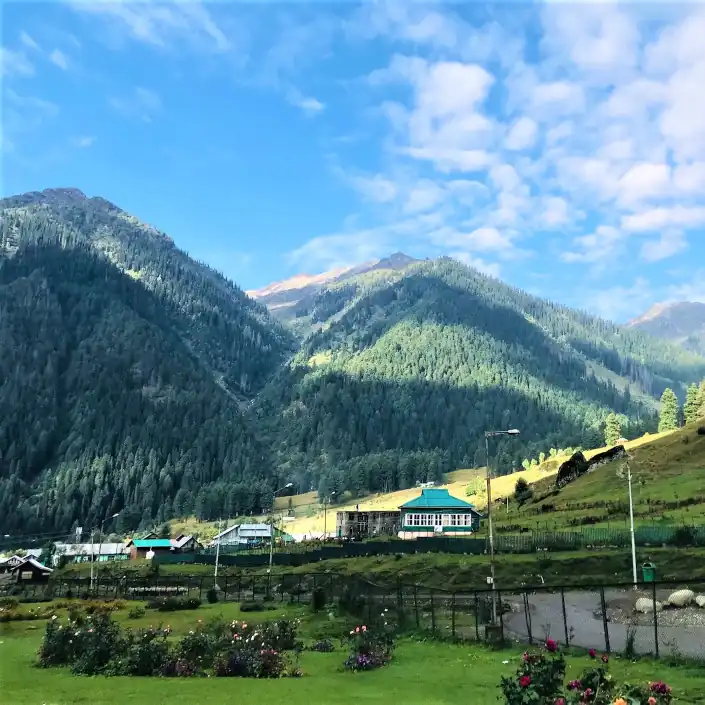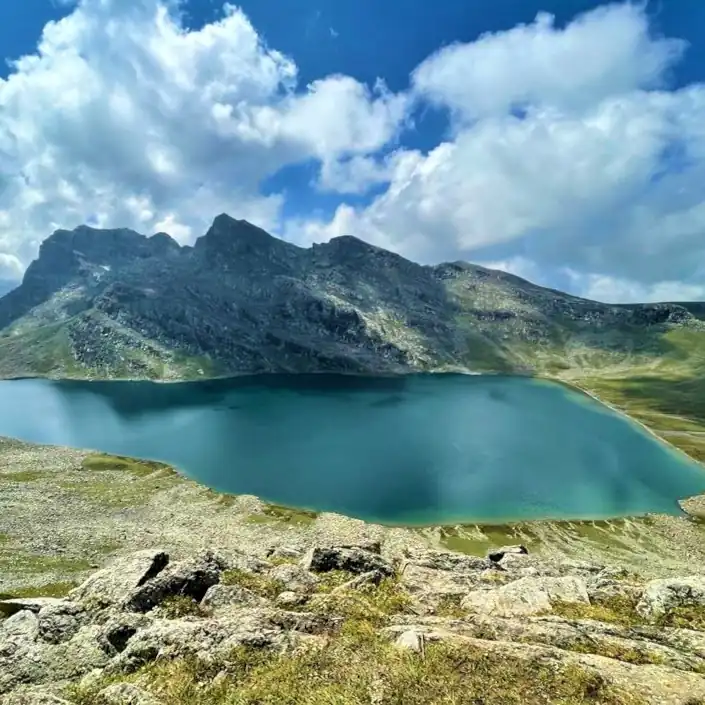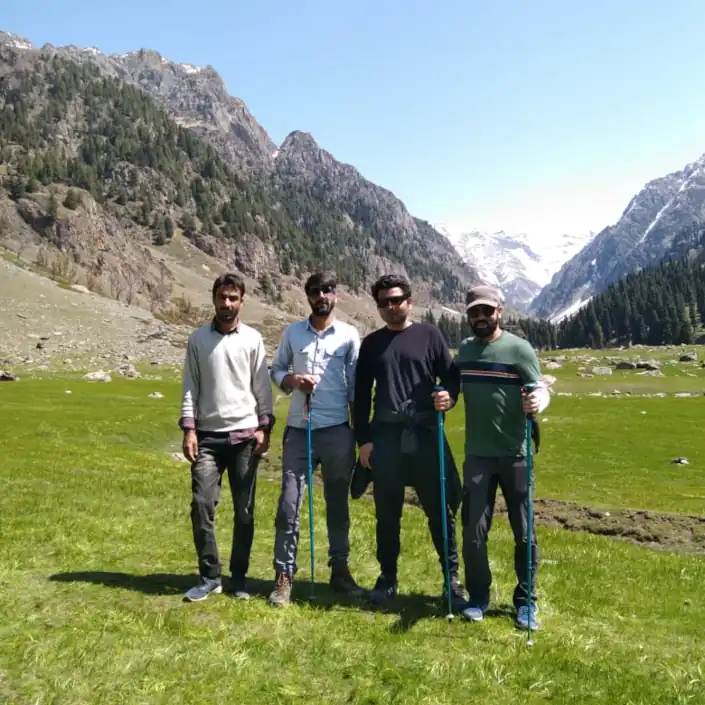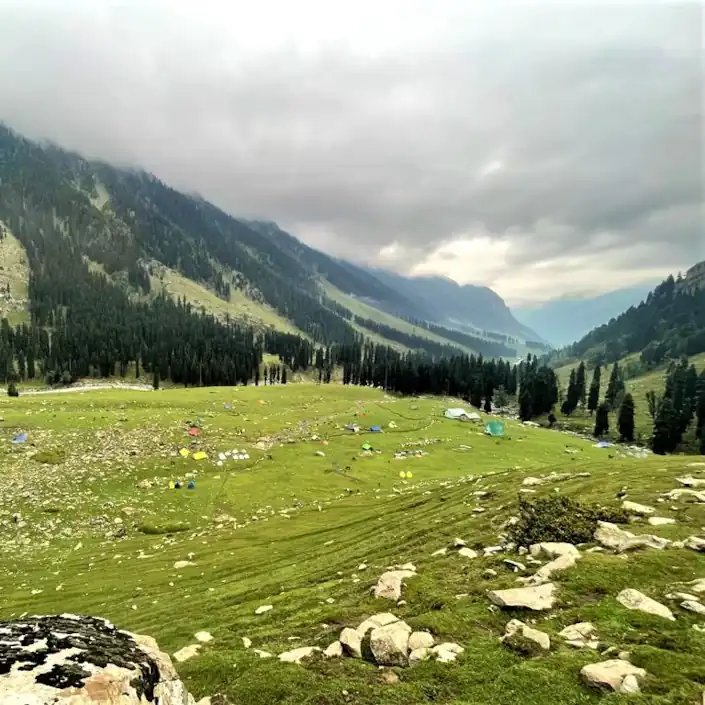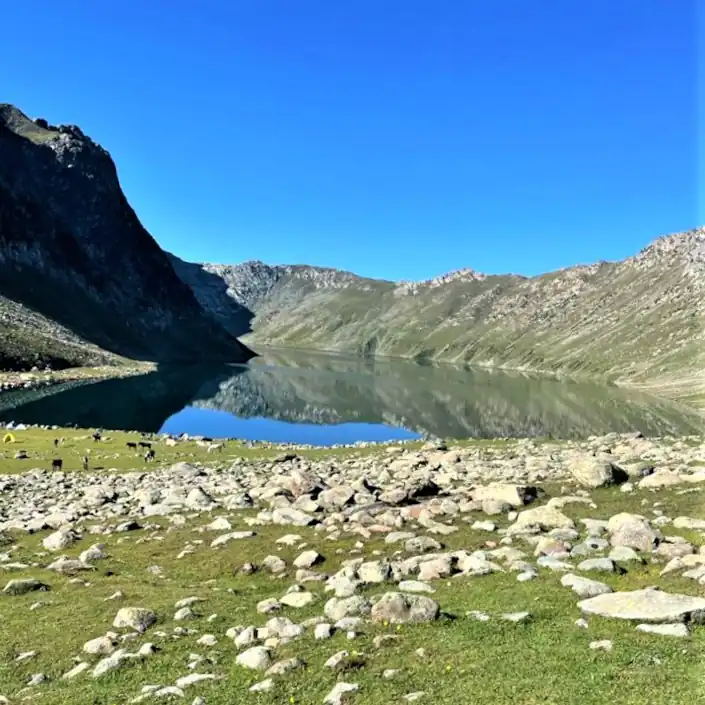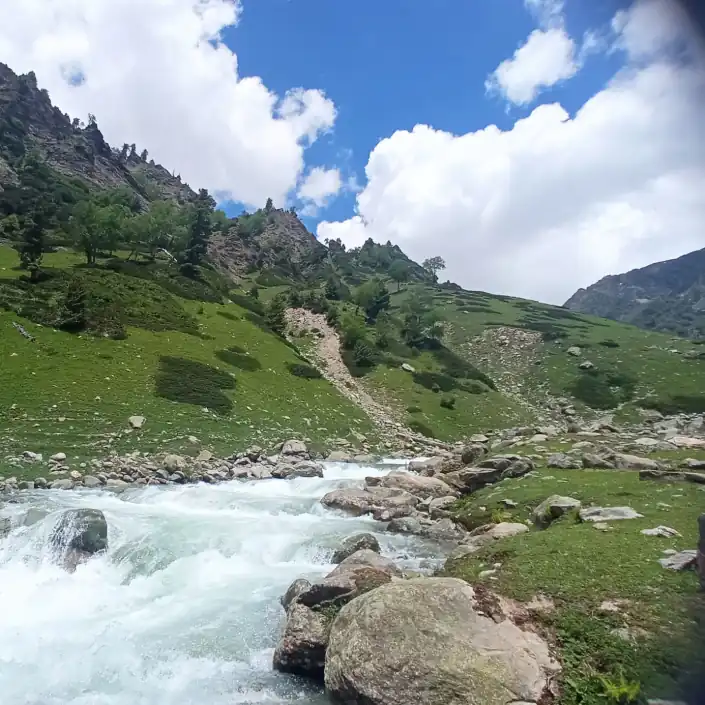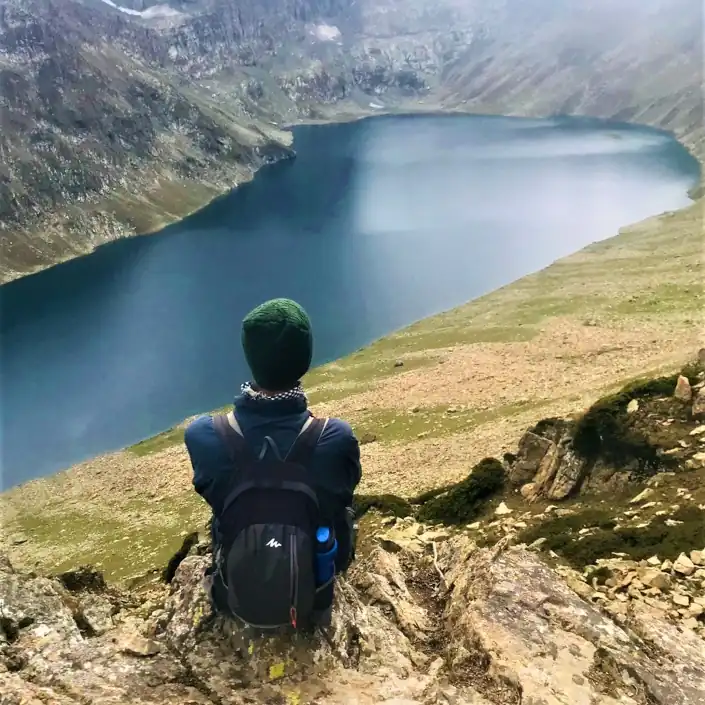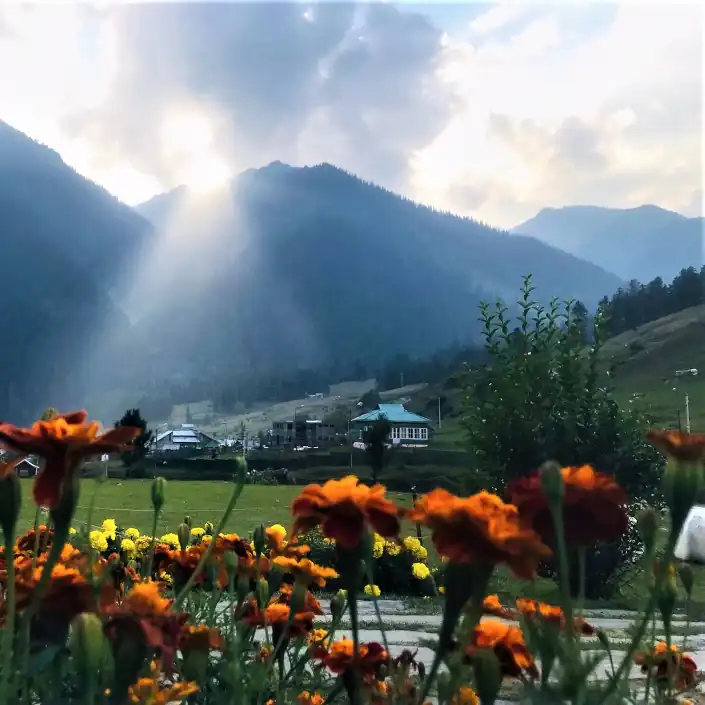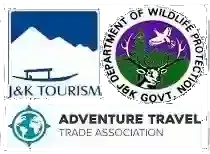Customized Itinerary Price Request
To receive a price quote for a customized itinerary, please complete the form below with the required details.
Base Price: INR 23,900 per person
Inclusions & Exclusions – What’s Covered in Your Trek
We believe in providing a hassle-free trekking experience, ensuring that you focus entirely on the beauty of Kashmir’s landscapes. Here’s what’s included and what’s not in your trek package:
What’s Included
✅ Transportation – All necessary transfers from the trek’s starting point to the endpoint.
✅ Accommodation –
- Camping: High-quality tents, sleeping bags, and sleeping mats provided for a comfortable stay in the mountains.
✅ Meals – Nutritious and hygienic breakfast, lunch, and dinner throughout the trek.
✅ Trekking Gear & Equipment – Group camping gear, including tents, kitchen equipment, and cooking essentials.
✅ Permits & Entry Fees – All necessary trek permits and restricted area entry fees.
✅ Experienced Trekking Team –
- Professional Guides: Knowledgeable and experienced trekking guides.
- Support Crew: Cooks, helpers, and porters to assist throughout the journey.
✅ Safety Measures – A basic first aid kit and essential safety equipment.
What’s Not Included
❌ Personal Expenses – Laundry, phone calls, snacks, and personal shopping.
❌ Travel Insurance – We recommend arranging personal travel insurance that covers medical emergencies and evacuation.
❌ Airfare – Flights to and from Srinagar are not included.
❌ Personal Trekking Gear – Items like trekking poles, personal clothing, and backpacks should be brought by the trekker.
❌ Tips & Gratuities – Tips for guides, porters, and support staff are at your discretion.
❌ Additional Services – Anything not specifically mentioned in the inclusions is excluded.
For any queries or customized trek options, feel free to contact us. We’re here to make your Kashmir trekking adventure smooth and unforgettable! 🌿🏔

